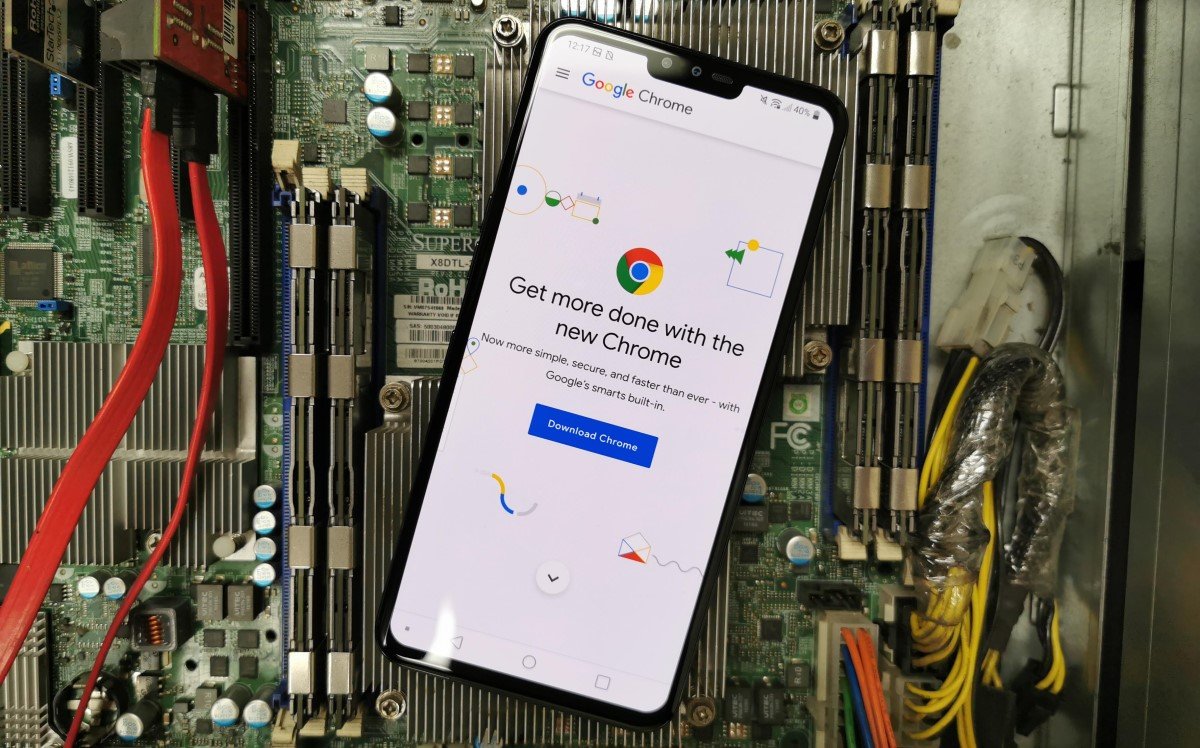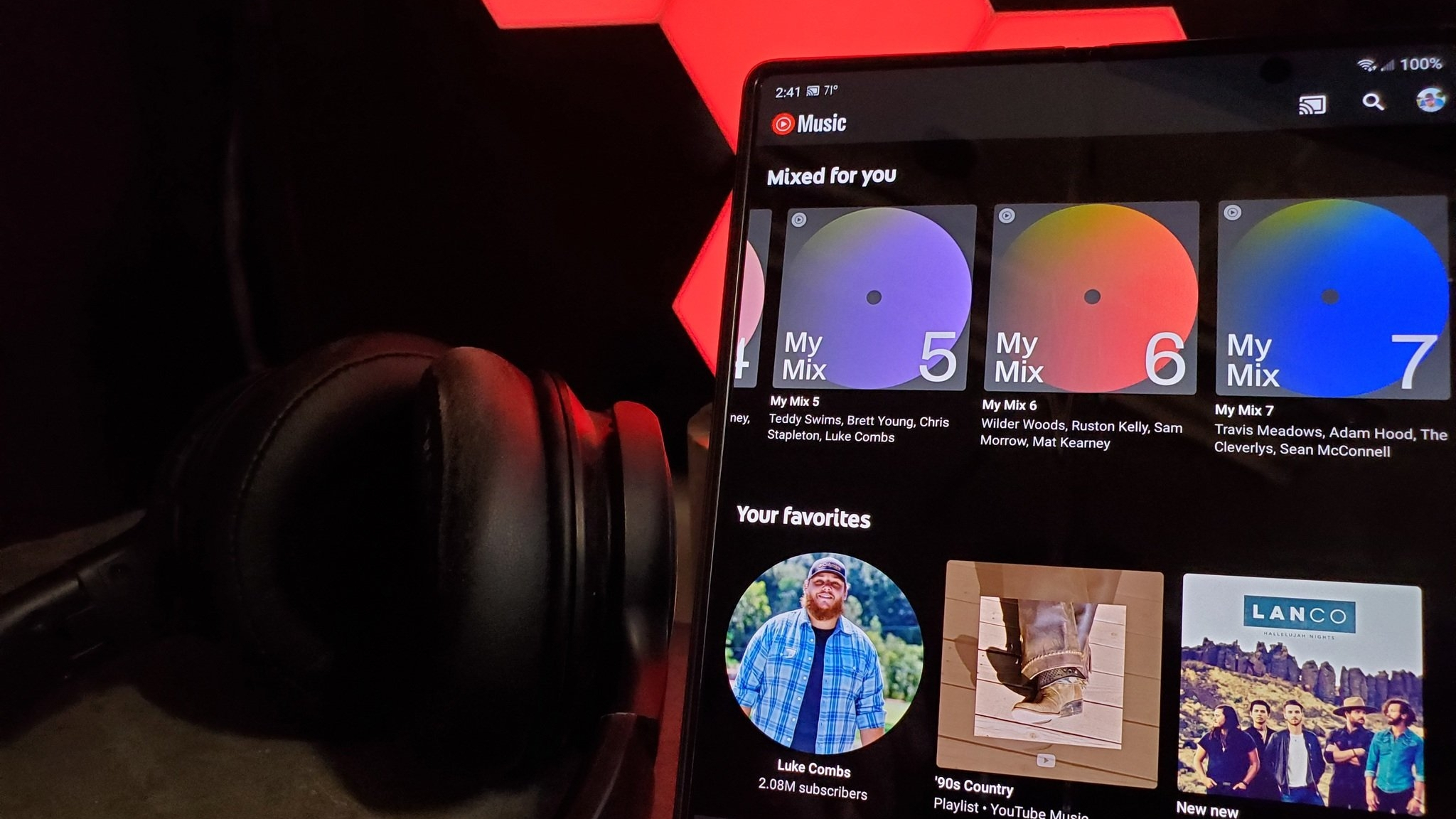Google wants to make web app installation feel more native on Android

What you need to know
- Google is making PWAs more app-like with a new app install prompt.
- Developers can now add an app description and screenshots to the app installation flow.
- Twitter's Progressive Web App is already using it.
Progressive Web Apps, or PWAs, are getting a lot more app-like with a new feature that now evokes the installation flow you'll recognize from an app store. A PWA, to recap, is a web-app that acts like a native app. It can launch in its own app window, can work offline in some regards, and even launches with a splash page.
Previously, installing a PWA was indistinguishable from creating a shortcut to a web page or a non-progressive web app. Now, when installing a PWA that's built for this new system, you'll see screenshots, an app description, and everything you'd expect to see if the web app was listed in a traditional app store pop up as part of the installation process. It's just another step that's going a long way in making PWAS feel more native.
The Chromium team shared the announcement on Twitter this March.
Starting today on Android, some users will get a richer PWA installation dialog on Twitter.
- Want the same for your PWA?
- Easy. Add the `description` and `screenshots` member to your manifest and you're done.
Read https://t.co/dBVxQmQMcU more for details pic.twitter.com/h8Sczroz4LStarting today on Android, some users will get a richer PWA installation dialog on Twitter.
- Want the same for your PWA?
- Easy. Add the `description` and `screenshots` member to your manifest and you're done.
Read https://t.co/dBVxQmQMcU more for details pic.twitter.com/h8Sczroz4L— Chrome Developers (@ChromiumDev) March 29, 2021March 29, 2021
It's easy for developers to implement this by making small tweaks to the app manifest (little bits of data that tell the browser what the web page is), and Google is touting Twitter as an example of an app to be emulated.
Progressive apps are a big part of Google's plans. The company is pushing them hard in Chromebooks, even making them installable from the Play Store for apps like YouTube Music, Google News, and Twitter. While they're very web-page-like in their presentation, their flexibility means that you won't have to worry about a loss of functionality for most use-cases, while keeping your storage free for apps and games that really need it.
In the future, Google would even let developers hide the URL that still displays on some PWAs, neatening the experience even further.
Be an expert in 5 minutes
Get the latest news from Android Central, your trusted companion in the world of Android

